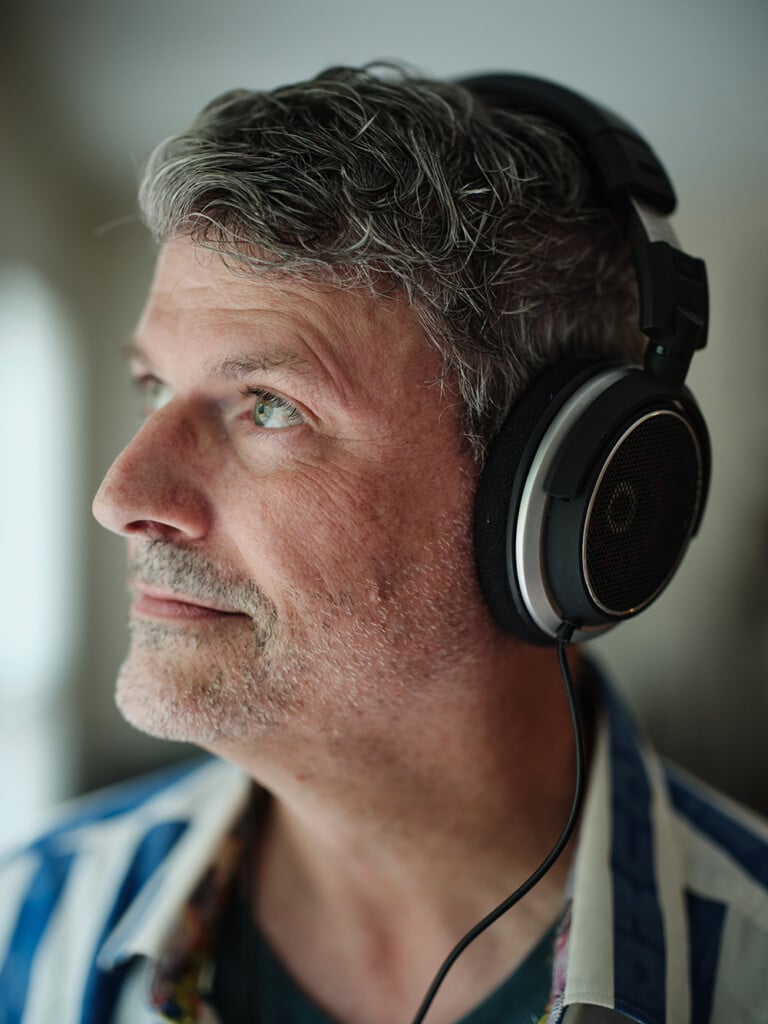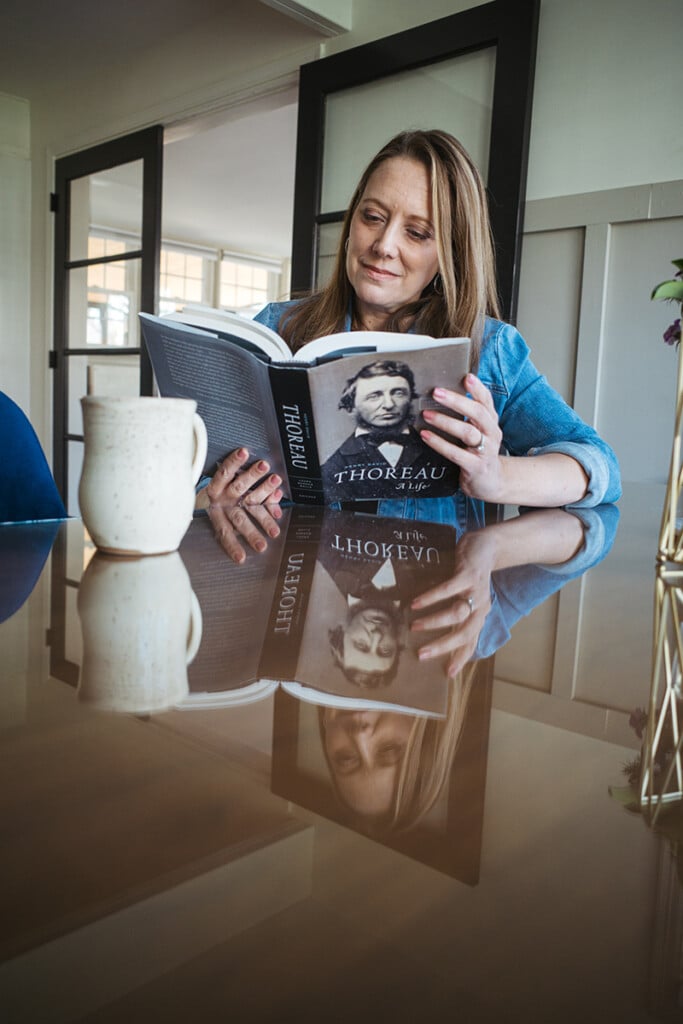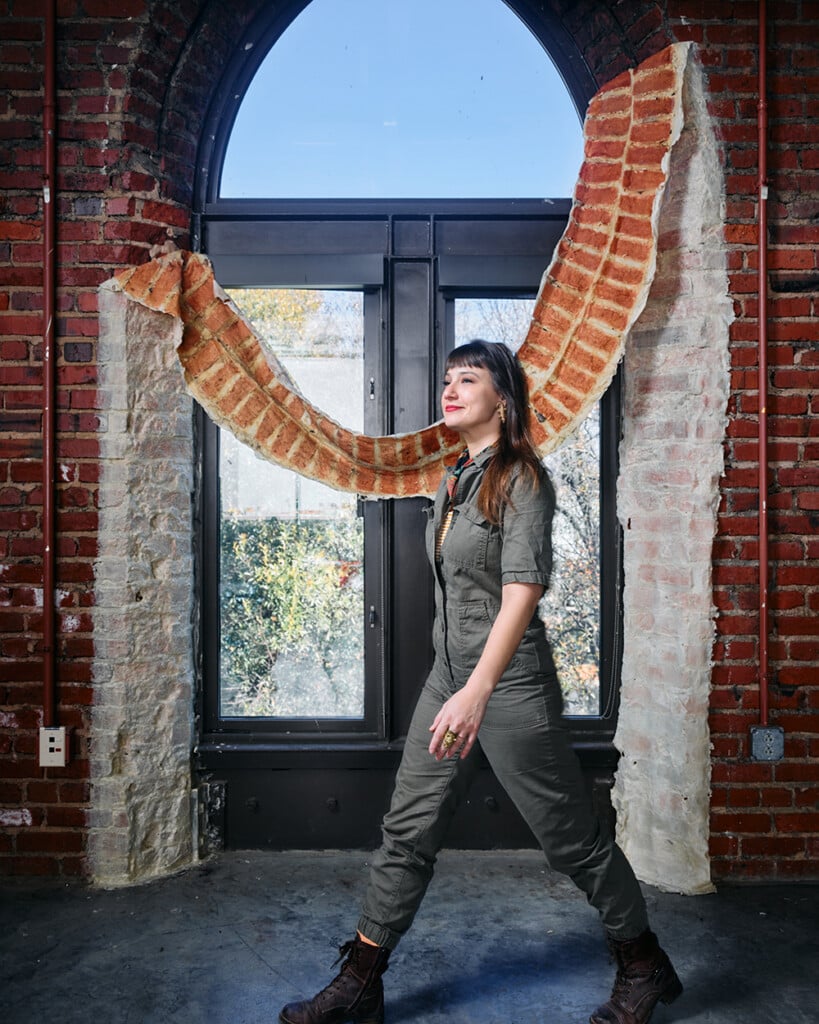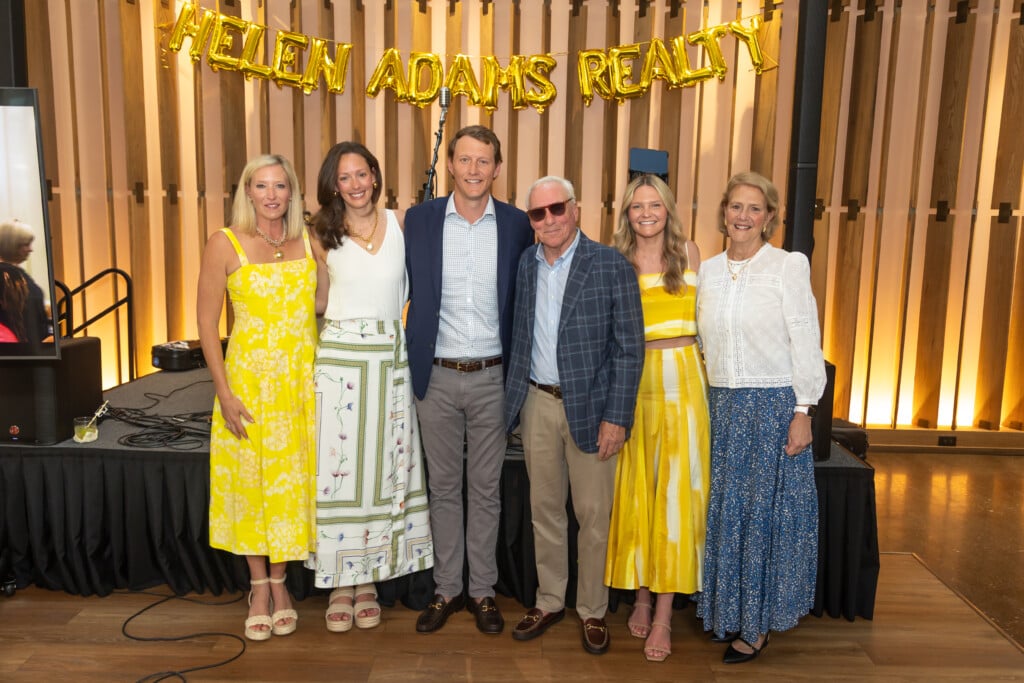Here in Charlotte, David Beard Produces The Leading Beach Boys Magazine
2,000 miles away from the California surf, he has published Endless Summer Quarterly for over 30 years

Some musicians, like Brian Wilson of the Beach Boys, are described as immortals. That makes it a little more shocking when they die, reminding us that only their music lives forever. On July 9, hundreds of Wilson’s friends, associates, and relatives gathered at the Westwood United Methodist Church in Los Angeles before they decamped to the Beverly Hills Hotel for a luncheon to celebrate his life. In attendance: Don Henley of the Eagles; Mike Love and Al Jardine, the two living Beach Boys; lyricist Van Dyke Parks; singer and songwriter Christopher Cross, who sang “Don’t Worry Baby” at the memorial; and filmmaker Cameron Crowe.
One mourner came from Charlotte: David Beard, who for 32 years has published Endless Summer Quarterly, a magazine devoted to the band. A week later, Beard calls me from his home in Charlotte—more than 2,000 miles from the California coastline—in a room decorated with Beach Boys memorabilia, including a copy of the 1968 album Friends autographed by all the band members except drummer Dennis Wilson, who drowned in 1983.
He holds up a program, embossed with a piano keyboard, from Brian Wilson’s memorial. (We’re talking via Zoom because we’ve both recently contracted COVID.) “I consciously decided I wasn’t going to be anxious,” Beard says. “Anybody I spoke to, it was very important to lead the conversation with my heart.”
Seated at Beard’s table at the luncheon was a guy who introduced himself as Alex. They shook hands and explained how each of them knew the dearly departed. “I didn’t really know him that well,” Beard confessed. “I interviewed him a lot—I do a magazine called Endless Summer Quarterly.” Alex, it turned out, had been Brian Wilson’s plumber. “Well, it sounds like you knew him better than I did,” Beard said.
“Maybe a little more intimately,” Alex allowed.

There’s no getting around that without Brian Wilson, the Beach Boys would not have been the Beach Boys,” Beard says, “but no one person did it all.”
In 1979, when Beard was 14, his family moved from upstate New York to Charlotte. He was becoming aware of music: He had Kiss posters on his walls, and he loved Billy Joel, Alice Cooper, and the Beatles.
“Back then, without the Internet, if you were interested in something, you had to take your time and go looking,” Beard says. In Charlotte, he frequented local record stores, especially Camelot Music on Independence Boulevard and the Record Exchange off Wendover Road. At Camelot, he bought a two-disc anthology by Jan and Dean (the California duo best known for “Surf City” and “Dead Man’s Curve”) and discovered from the liner notes that a song he loved, “Surfin’,” had actually been written by Brian Wilson.
In the mid-’80s, Beard saw the Malcolm Leo documentary The Beach Boys: An American Band. He was fascinated by a sequence that cut together a “Good Vibrations” video where the Beach Boys wore firemen’s helmets and a Smile track titled “The Elements (Fire): Mrs. O’Leary’s Cow.”
“That ruined me,” Beard says, “because once I saw that documentary, all I wanted to know about was this Smile record.”
The Beach Boys’ career is an excellent breeding ground for obsession. The group—originally Love, Jardine, Brian Wilson, and Wilson’s brothers, Carl and Dennis—released 29 studio albums between 1962 and 2012, giving a fan plenty of territory to explore. Their music ranges from chart-topping slices of pop-harmony sunshine like “Help Me Rhonda” and “I Get Around” to experimental tracks like “Johnny Carson,” about the talk-show host, and “Vega-Tables,” a tribute to Brian Wilson’s favorite food group—a song included on Smile. For many years, Smile was the most famous unfinished album in music history: Before Wilson completed it in 2004, it provoked endless arguments about what his plans for it had really been.

The Beach Boys’ Smile was for decades the most celebrated unfinished work in pop music history. Beard owns scads of Smile artifacts.
Beard bought Beach Boys albums, tracked down bootleg outtakes, and read any book he could find about the group. “I wanted to stay close to music,” he says: He attended the Professional Academy of Broadcasting in Knoxville, Tennessee, which led to a career as a radio DJ. “And I became a true appreciator of Brian Wilson for having such an incredible hold on popular music—but he never did it on purpose. He wrote about what he was feeling or what he was into in the moment or because his brother Dennis came into the room and said, ‘You should write a song about surfing.’”
What’s Beard’s favorite Beach Boys song? Another Smile track, “Cabin Essence.” “The first time I heard it, I said that I’d never heard a recording that sounded like I was listening to Norman Rockwell.”
Beard’s friend Lee Dempsey told him about a magazine called Endless Summer Quarterly, based in San Diego, that catered to Beach Boys obsessives like the two of them. Beard subscribed—but wasn’t impressed: “The magazine consisted of photos of the editors with their arms around the Beach Boys or just a whole page taken up with a cover of sheet music.” But when the ESQ editors burned out in 1993, Dempsey asked Beard if he wanted to take over the magazine with him. Dempsey’s warning: “It doesn’t mean we’re going to have access to the Beach Boys.”
Beard says that back then, he was invested in the idea that Brian Wilson was the Beach Boys’ driving force: “The articles that I was writing were very pro-Brian and anti-the rest of the group.” As the years went by, his opinion became more nuanced: “There’s no getting around that without Brian Wilson, the Beach Boys would not have been the Beach Boys, but no one person did it all.” For example, he looks to Carl Wilson as the conscience of the group: If you’re wondering whether a late-period Beach Boys record has artistic value or is just a cash-in, he says, check on whether Carl sang on it.
At its best, Endless Summer Quarterly provides a deep dive into scholarship about the band, bolstered by new interviews with band members and their associates. Recent highlights include an in-depth study of Brian Wilson’s production work for acts other than the Beach Boys and a history of the Radiant Radish, the Hollywood health-food store that Wilson co-owned circa 1970.
Beard says he doesn’t know of any other magazines exploring the details of a particular musical artist the way Endless Summer Quarterly does. That’s a symptom of his being deep inside the Beach Boys’ bubble, because a bunch of other publications have done just that, occupying the obsessive space halfway between a xeroxed fanzine and a professional magazine: Broken Arrow for Neil Young, Wanted Man for Bob Dylan, and, perhaps most famously, Backstreets for Bruce Springsteen.
Many of these magazines have gone out of business. The Internet now provides other ways for obsessives to find information on their favorite bands, like discussion boards, mailing lists, and websites. (Beard also maintains the site esquarterly.com. He says he doesn’t know exactly how many subscribers ESQ has, but its database contains more than a thousand names.) Beard admits he’s not sure how much longer he’ll keep working on ESQ—he also has a full-time job as an office administrator at a church—but as soon as he says that, he starts spouting ideas for future articles.
Beard didn’t start working on ESQ to meet the Beach Boys, but he beams when he describes the kindness they’ve shown him—and his 23-year-old son, Ethan. “He’s a young man with Down syndrome,” Beard says. “I took him to his first Beach Boys concert in Augusta, Georgia, and they treated him like royalty. They brought him onstage for ‘Barbara Ann.’”
John Stamos, the Full House actor, was at the show—he regularly plays drums with the band—and took an interest in Ethan. “He’s done Zooms with Ethan on his birthday,” Beard says, “and if he’s too busy, he’ll send Ethan a birthday video.”
“They say not to meet your heroes,” he continues. “I don’t think they ever were my heroes. Making music that changes the world doesn’t define your character. But every time I go to work on the magazine, I want readers to feel like they have access. I want them to feel appreciated. I want them to learn something. And I hope that then, they’ll go put on a record or do something else to create a positive moment in their lives.”
Beard smiles. He’s a man who’s learned secrets from the music he loves but doesn’t need to keep them to himself. “Why are we here?” he asks. “We’re here to experience joy and to take care of one other.”





